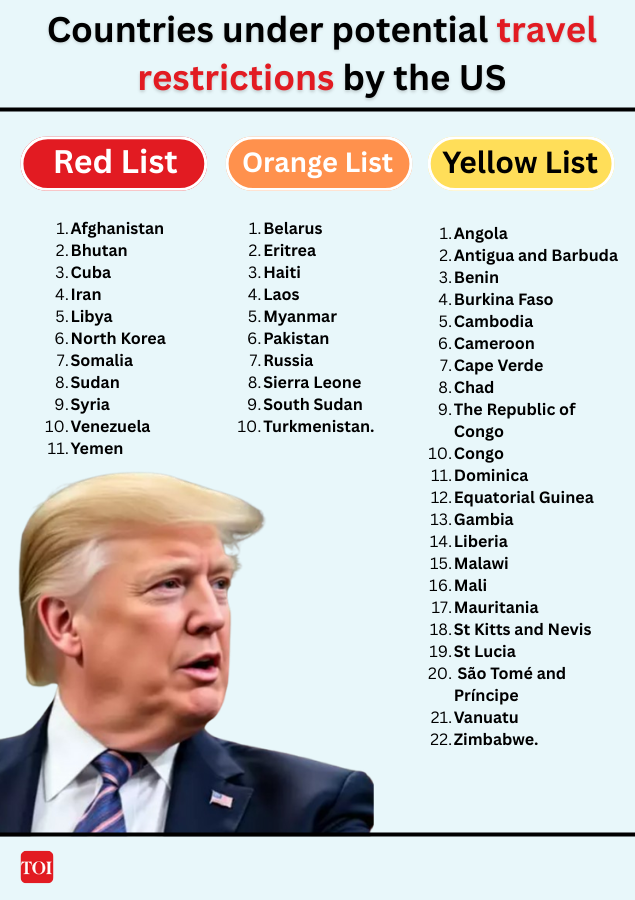
Introduction to the Trump Travel Ban
The Trump travel ban, first implemented in January 2017, has remained a significant topic of discussion in U.S. politics and immigration policy. Originally aimed at restricting entry from several predominantly Muslim countries, this executive order stirred considerable debate about national security and human rights. As of 2023, the implications of the travel ban continue to shape the landscape of U.S. immigration.
Background and Implementation
Initially, President Donald Trump introduced the travel ban shortly after taking office, citing concerns over terrorism and national security. The first version faced immediate legal challenges, leading to a revised order which was upheld by the Supreme Court in 2018. The final ban included travel restrictions for individuals from Iran, Libya, North Korea, Somalia, Syria, Venezuela, and Yemen. Although positioned as a measure for national security, critics argued that it effectively discriminated against Muslim-majority countries.
Recent Developments
In recent months, the Biden administration has begun to dismantle some of the restrictions placed by the travel ban. In May 2021, President Joe Biden announced the lifting of entry bans and initiated the process to restore visa services and travel opportunities that had previously been limited. Additionally, efforts have been made to address the backlog of visa applications and to support travelers affected by the previous restrictions.
Public Response and Legal Challenges
The travel ban has elicited a range of responses from various communities and advocacy groups. Supporters argue that it is crucial for national security, while opponents view it as a violation of religious freedom and human rights. Legal organizations continue to challenge the remnants of the travel ban, focusing on its implications for family reunification and economic impact on U.S. businesses reliant on international talent.
Conclusion and Future Implications
The significance of the Trump travel ban cannot be understated, as it has affected thousands of families and individuals seeking entry into the United States. As the Biden administration progresses with its immigration policy adjustments, the future of travel regulations remains uncertain. Continuous monitoring of policy changes will be essential for understanding the evolving landscape of U.S. immigration, with potential implications for international relations and domestic unity.






